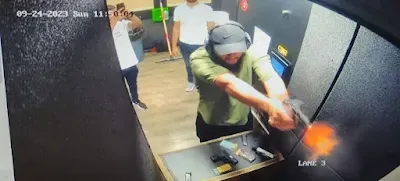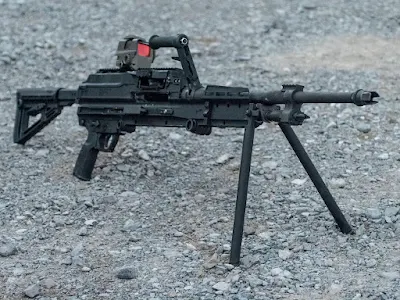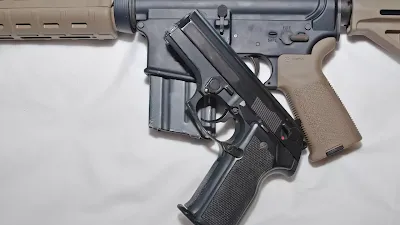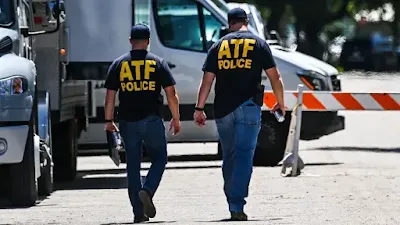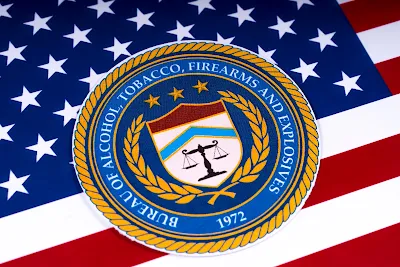Gun Owners of America (GOA), alongside the Gun Owners Foundation (GOF) and the state of Texas, have successfully extended their provisional restraining order against the Bureau of Alcohol, Tobacco, Firearms and Explosives' (ATF) new regulation on pistol stabilizing devices, officially known as the Final Rule 2021R-08F. This extension remains in place until a final verdict in the case, State of Texas v. ATF, is reached.
Find Guns & Ammo on Gun Coyote | The Gun Deals Search Engine
The challenged ATF regulation has redefined most pistols with stabilizing braces as short-barreled rifles (SBRs), bringing them under the stringent regulations of the National Firearms Act of 1934 (NFA). As a result, firearm owners are now required to register their firearms with the ATF, undergo additional background checks, submit fingerprints, and provide passport photos.
For gun owners who wish to avoid registering their pistols, the ATF has outlined four options: surrendering the pistol to law enforcement, fitting a barrel longer than 16 inches, permanently removing the brace, or destroying the firearm entirely.
This ATF ruling sparked a wave of lawsuits seeking a nationwide restraining order prior to its implementation date of June 1, 2023. Various injunctions were granted, including one by the Second Amendment Foundation (SAF) in a Texas District Court, another by the Firearms Policy Coalition (FPC) from the Fifth Circuit Court of Appeals, and one by the GOA in a Texas District Court. However, these injunctions were limited in scope, protecting only the members of the respective organizations. All injunctions were issued before the deadline.
The extensions granted for these preliminary injunctions serve as temporary measures, providing the courts with additional time to deliver a final judgment. Judge Drew B. Tipton has now decided to prolong the GOA's provisional restraining order until the conclusion of the case, emphasizing the necessity of this "extraordinary remedy" to preserve the current state of affairs.
Several factors played into the decision to grant the injunction. Foremost was the likelihood of the plaintiffs' success based on the case's merits. Judge Tipton referenced the Mock v. Garland ruling, in which the Fifth Circuit Court of Appeals determined that the ATF had breached the Administrative Procedures Act (APA) by significantly altering the Proposed Rule in the Final Rule, essentially performing a bait-and-switch.
Judge Tipton expressed his belief in the plaintiffs' impending harm without the injunction, as they would be compelled to abide by the ATF's regulation, resulting in the modification or relinquishment of their firearms. He evaluated the balance of equities and public interest, concluding that the immediate harm to the plaintiff outweighed the speculative, administrative harm to the ATF, and declared that the public has no interest in the perpetuation of an unlawful agency action.
Although the ruling's scope is limited to GOA members, it ensures that these individuals are shielded from ATF enforcement actions regarding braced pistols for the time being. With the extensive reach of the current injunctions, millions of Americans are now indirectly protected from ATF actions, and many believe that the rule is effectively unenforceable at present, given that membership lists are not shared with the ATF.
While the ATF's Final Rule on pistols with stabilizing braces remains in a precarious position, it has not been completely overturned as of yet.















